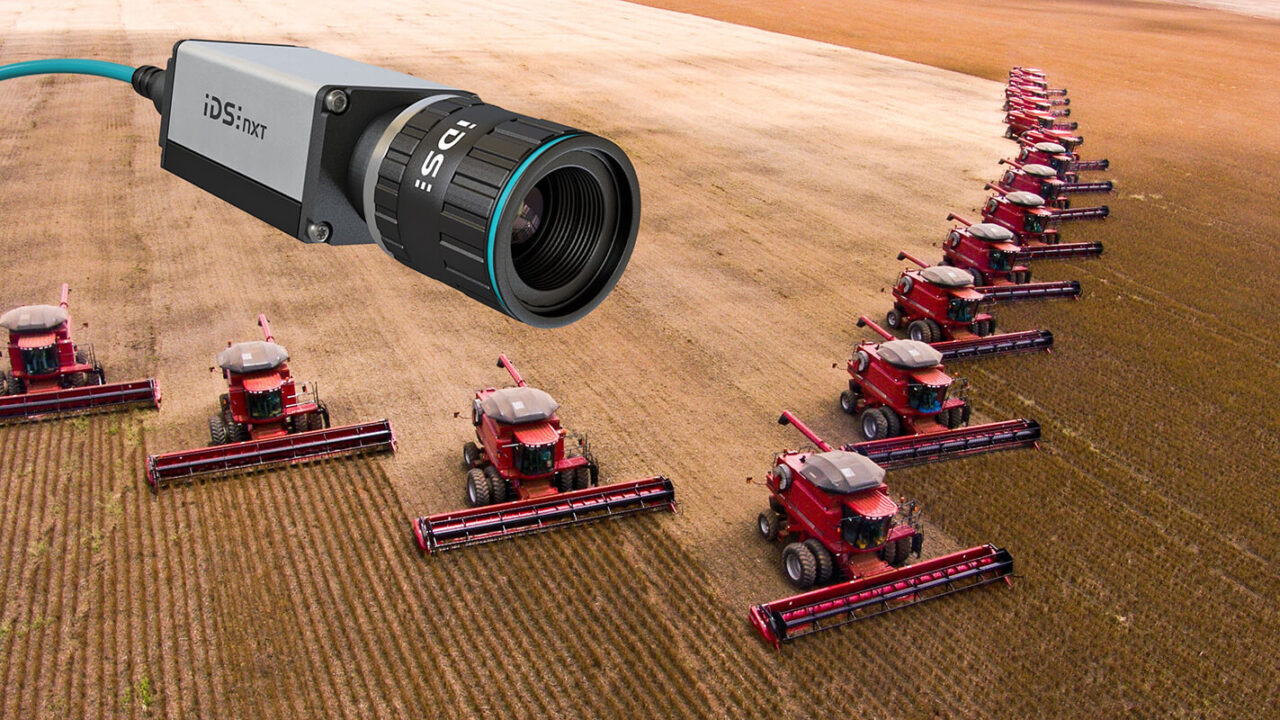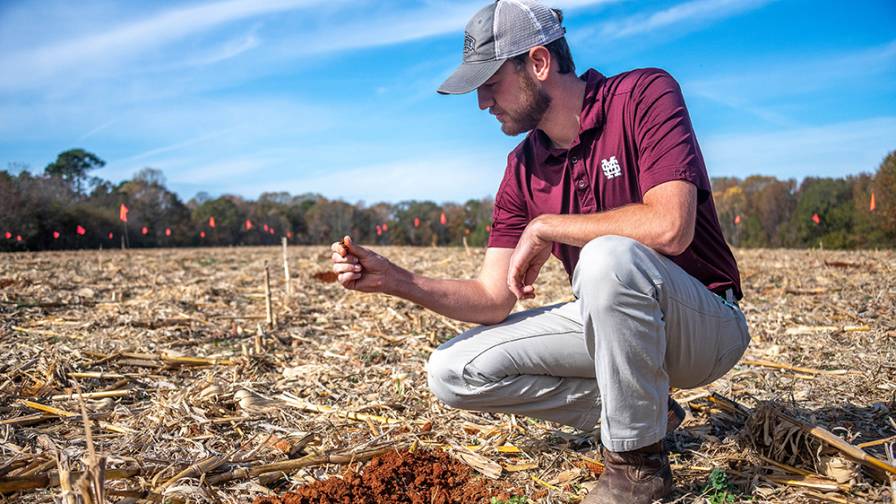Continued Extreme Heat Could Damage Corn, Soybeans
As days with extreme heat coupled with drought conditions have dominated the weather statewide in recent weeks, growers have begun to ask themselves just how hot is too hot for corn and soybeans?
While corn originated as a tropical grass and can tolerate exposures to temperature extremes as high as 112° for brief periods, the optimal daytime temperatures for corn typically range between 77° and 91°, said Peter Thomison, an Ohio State University Extension agronomist.
When temperatures rise above 95°, corn growth decreases, he said.
“When temperatures hit between 93° to 98° for four days or more, you could start to experience yield losses in corn, but it also depends on the amount of moisture in the soil,” Thomison said. “It’s hard to separate high temperature effects on corn from effects of drought on corn because the two usually go hand in hand.
“It’s really hit or miss right now because of very localized drought conditions, where you have a lot of people who are suffering while others may not be experiencing conditions that are as bad. This is a very critical period for corn.”
Growers are extremely watchful of the weather now, considering that the majority of Ohio except for small portions of some counties near the Kentucky, West Virginia and Pennsylvania borders is experiencing moderate drought, with areas near the Indiana and Michigan borders experiencing severe drought as of July 31, according to the most recent U.S. Drought Monitor.
And the weather outlook for the first couple of weeks of August call for above-normal temperatures, with periods of high heat throughout the state and below-normal rainfall in some places, and the potential for near-normal amounts of rainfall in other areas, according to Jim Noel of the National Weather Service.
Noel, whose weather updates are featured in the OSU Agronomics Crop Team’s weekly C.O.R.N. (Crop Observation and Recommendation Network) Newsletter, said rainfall will average 0.25 to 1.00 inches through Aug. 5, with the normal range for the period at 0.75 to 1.00 inches.
The outlook for August 6 to August 12 calls for temperatures mostly between 85° to 95°, with lows ranging from 65° to 72°, he said. Rainfall will average 0.25 to 0.50 inches, which is below normal for the period, Noel said.
Soybeans, on the other hand, are a more temperate leguminous plant with an ideal daytime temperature of 85°, said Laura Lindsey, an assistant professor of horticulture and crop science at Ohio State. When air temperatures exceed 85°, soybeans can experience heat stress regardless of reproductive stage, she said.
“Soybean yield is affected by three things, the number of pods per plant, the number of seeds per pod, and how big the seeds are,” she said. “When soybeans experience heat stress, yield reductions can begin to occur, especially when soil moisture is limiting.
“Temperatures over 85° can result in a decreased number of pods, while temperatures above 99° can severely limit pod formation.”
Hot summer nights can also impact corn yields, Thomison said. Corn grown when night temperatures are in the mid-60s out-yields corn grown at nighttime temperatures in the mid-80s, he said.
“With high nighttime temperatures, more of the sugars produced by photosynthesis during the day are lost with less available to fill developing kernels or seeds, thereby lowering potential grain yield,” Thomison said.
Conversely, soybeans aren’t as susceptible as corn to yield impacts by high nighttime temperatures, Lindsey said. This is because during the day, soybean plants accumulate starch in their leaves, which is broken down and exported from their leaves at night.
“When nights are cool, the amount of starch exported is reduced, resulting in high leaf starch the following day which can disrupt photosynthesis,” she said.
But extremely high nighttime temperatures, above 85°, could also cause a noticeable reduction in soybean yields as well, Lindsey said.






